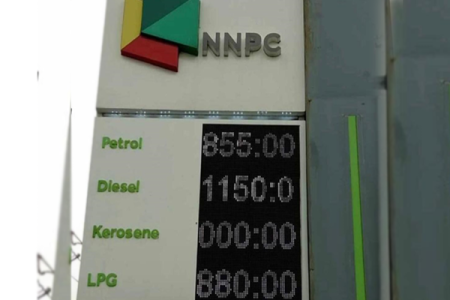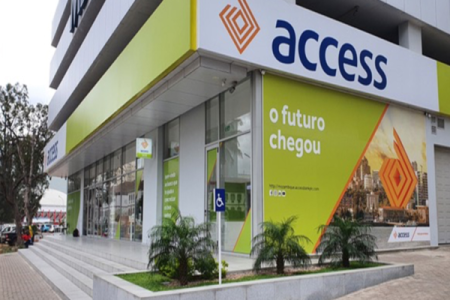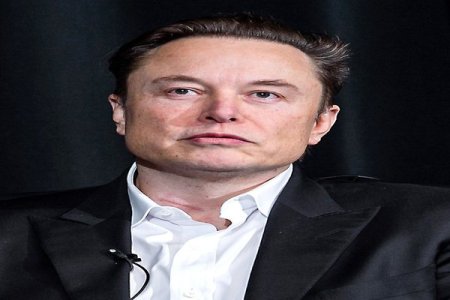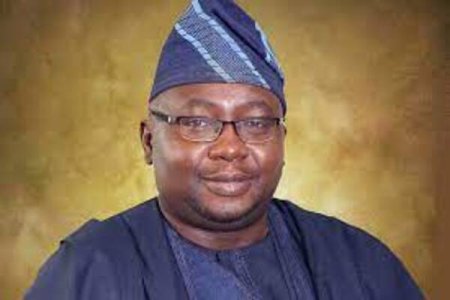
President Bola Tinubu has increased the petrol pump price from N650 to N855 per litre, reflecting ongoing fuel scarcity and rising costs in Nigeria. Despite official statements denying prices would reach N1,000, many stations are selling above N900, intensifying public frustration over the government's fuel management.
President Bola Tinubu's administration has officially increased the petrol pump price from N650 to N855 per litre, as indicated by the price displays at government-owned NNPC stations in major cities like Lagos and Abuja on September 3, 2024. This adjustment reflects the ongoing challenges in Nigeria's fuel sector, marked by a persistent scarcity and rising fuel landing costs exacerbated by foreign exchange issues.
While some filling stations have increased their prices to as high as N897 per litre, the black market has seen prices exceed N1,000, highlighting the severity of the fuel crisis. Since the removal of fuel subsidies in 2023, petrol prices have fluctuated between N580 and N700 per litre, but recent weeks have seen a surge in prices due to dwindling supply.
In a statement, the federal government sought to clarify misinformation circulating on social media, which suggested that petrol prices would rise to N1,000. Nnemaka Okafor, special adviser to the Minister for Petroleum Resources, stated that these claims are unfounded and reassured the public of the approved pricing framework.
The increase in petrol prices has elicited mixed reactions from Nigerians, with many expressing frustration over the continuous hikes and the government's handling of the situation. Social media users have voiced their concerns, with some suggesting that the government has not been transparent about its fuel subsidy policies. As the government navigates these challenges, the impact on ordinary Nigerians and the economy remains a pressing concern.





